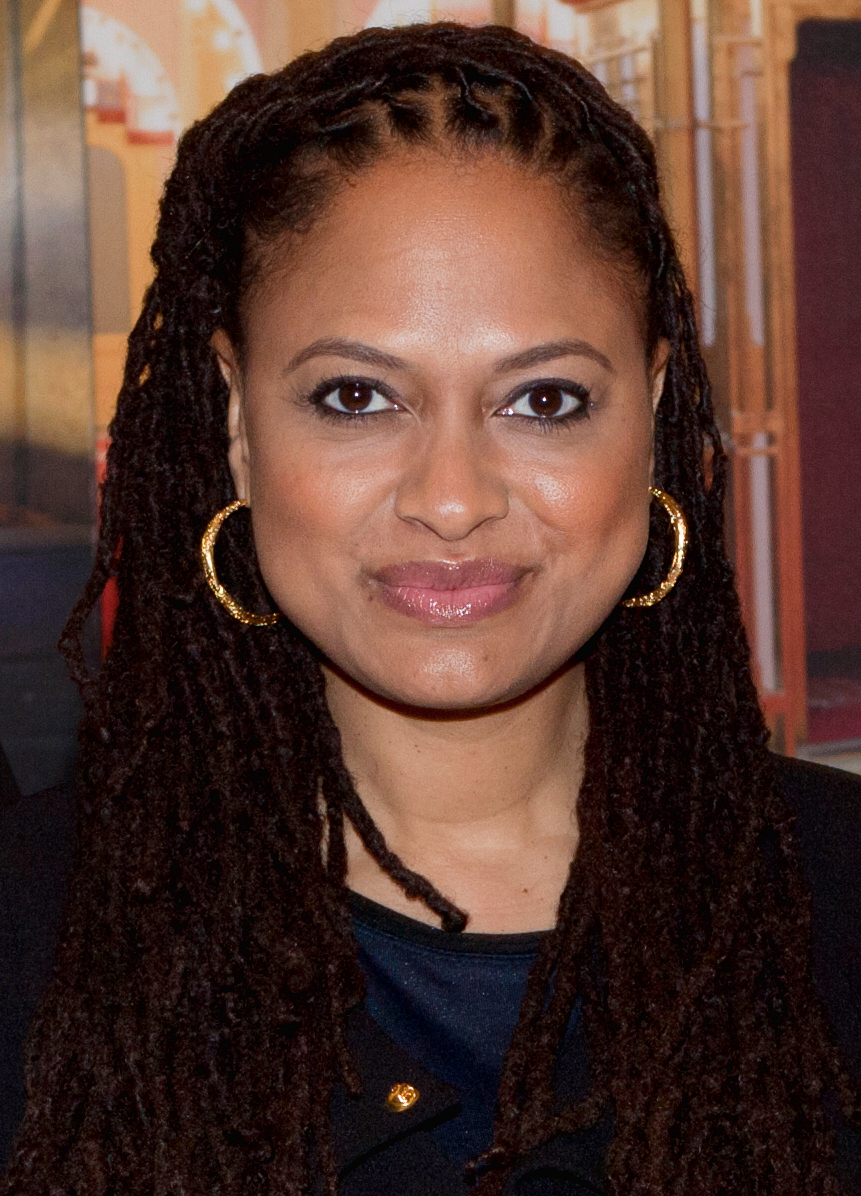Photo by Recently, “Selma” director and UCLA alumna Ava DuVernay has given her thoughts on the lack of diversity in light of the #OscarsSoWhite. Since the nominations were announced earlier this month, there has been outrage via media about the lack of diversity and how once again every nominee is white.
While it is clear as to the frustration of not having people of color nominated, DuVernay’s focus is on the word diversity. In the New York Times article, she shares her feelings about what she really thinks of the word “Diversity.”
DuVernay states, “We’re hearing a lot about diversity. I hate that word so, so much. [Diversity] is a medicinal word that has no emotional resonance, and this is an emotional issue, it’s emotional for artists who are women and people of color to have less value placed on our worldview.”
Her statement came just two days after the board of governors for the Academy of Motion Picture Arts and Sciences unanimously voted to dramatically increase the number of both women and minorities among them as new members. DuVernay, along with others at a luncheon she was hosting, were heartened by the Academy’s means to take quick action only eight days after the nominations were revealed.
Instead of Diversity to symbolize people of color, DuVernay believes the most appropriate word is “Inclusion.” She believes that inclusion creates a clearer picture of the lack of representation in Hollywood and in our country.
What’s the difference between diversity and inclusion? Diversity is the state of having people who are different races or who have different cultures in a group or organization while inclusion is a relation between two classes that exists when all members of the first are also members of the second.
UCLA junior Khadejah Ray, Sociology Major and Afro-American Studies Minor, states, “I feel the word diversity can be both good and bad, but I completely understood where Ava [DuVernay] was coming from when she was talking about how diversity could be used as sort of a medicinal word, to where we are having these conversations about having more Black filmmakers or having more Black women writers.”
Ray takes it a step further, “Even when you think about it in terms of bringing more Black students to universities that are predominantly White, we throw this term diversity around and it gets played out all of the time because it’s distracting from the real issue.”
When asked what term is best, Ray adds, “I guess more so inclusion, but I see diversity and inclusion as synonymous. I guess to make it simpler when we’re talking about diversity we need to specify what type of diversity.”
Diversity is a term that should not be taken lightly, yet it is being used without specifications as to how something should be diversified. While DuVernay’s opinion may not be the most popular, her point is still made in a professional matter.

